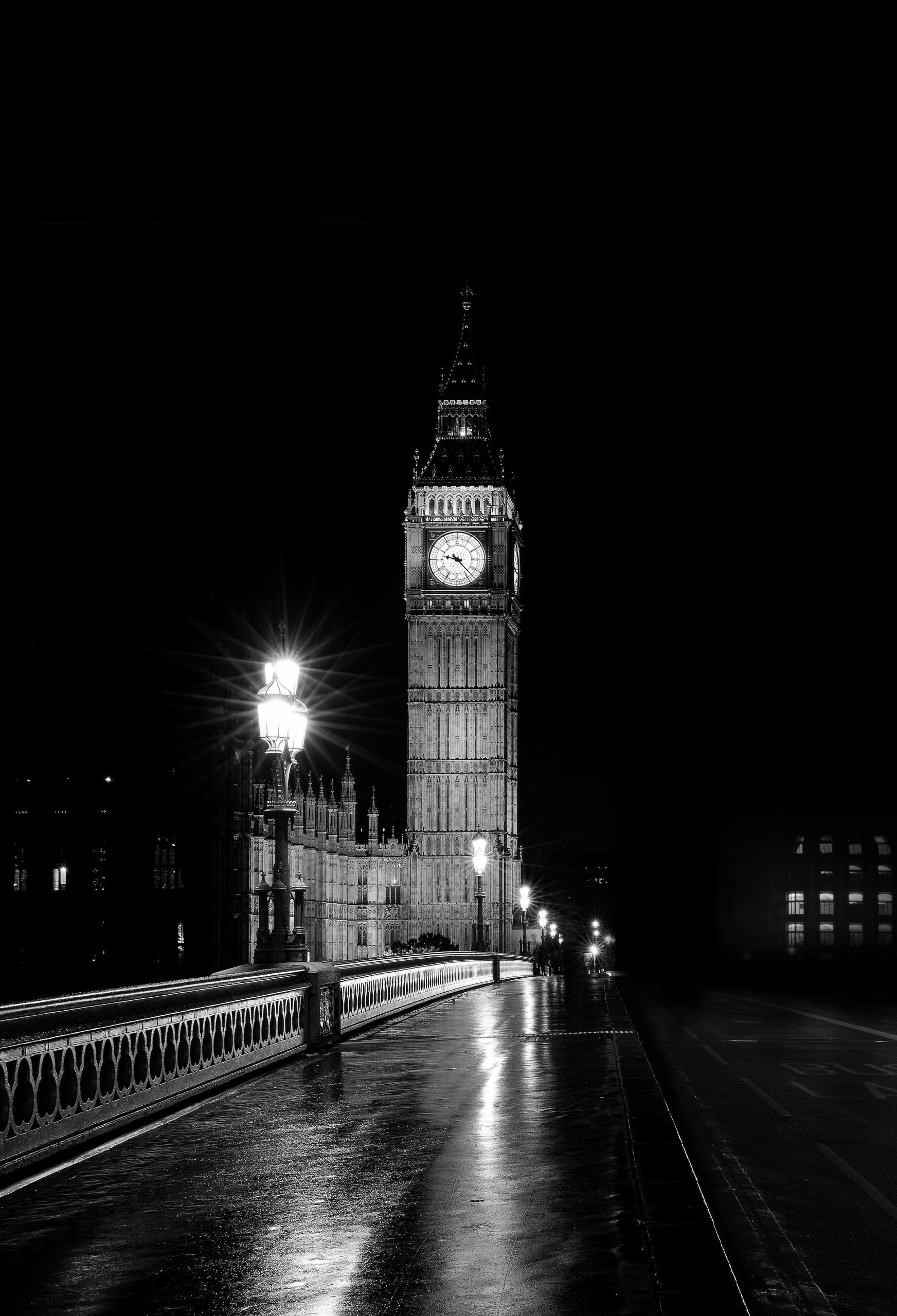The Impact of Decline in London’s Night-Time Economy
In recent times, London’s night-time economy has faced serious challenges, marked by a surge in closures and significant revenue losses. Once a vibrant and thriving hub of nightlife, the city is now witnessing a concerning shift.
As businesses shutter their doors, the ripple effects are far-reaching. The repercussions extend not only to clubs and bars but also to countless supporting industries. From restaurants struggling to draw evening crowds to taxi services seeing diminished demand, the city’s nocturnal pulse is undoubtedly weakening.
This downturn raises serious questions about the future sustainability of London’s night-time economy. With fewer venues operating and a noticeable dip in revenue, both stakeholders and policymakers must urgently explore strategies to revitalize this essential part of the city’s identity and economy.
As we navigate these challenges, it’s crucial to understand the broader implications. The vibrancy of London’s nightlife has long been a cornerstone of its cultural and economic landscape. Addressing these challenges requires a concerted effort from all involved to ensure this iconic aspect of London life not only survives but thrives into the future.


Supporting London’s Night-Time Economy: A Resident’s Perspective
As a London resident who truly values the city’s vibrant nightlife, I believe rebuilding and strengthening the night-time economy should be a top priority. Beyond its economic importance, our nightlife shapes the city’s cultural identity and social fabric. Here are some strategies that could help:
Revitalizing our city’s nightlife is vital not only for economic recovery but also for maintaining London’s status as a global cultural leader. Collective effort and strategic planning are key to ensuring that London’s night-time scene continues to thrive for generations to come.